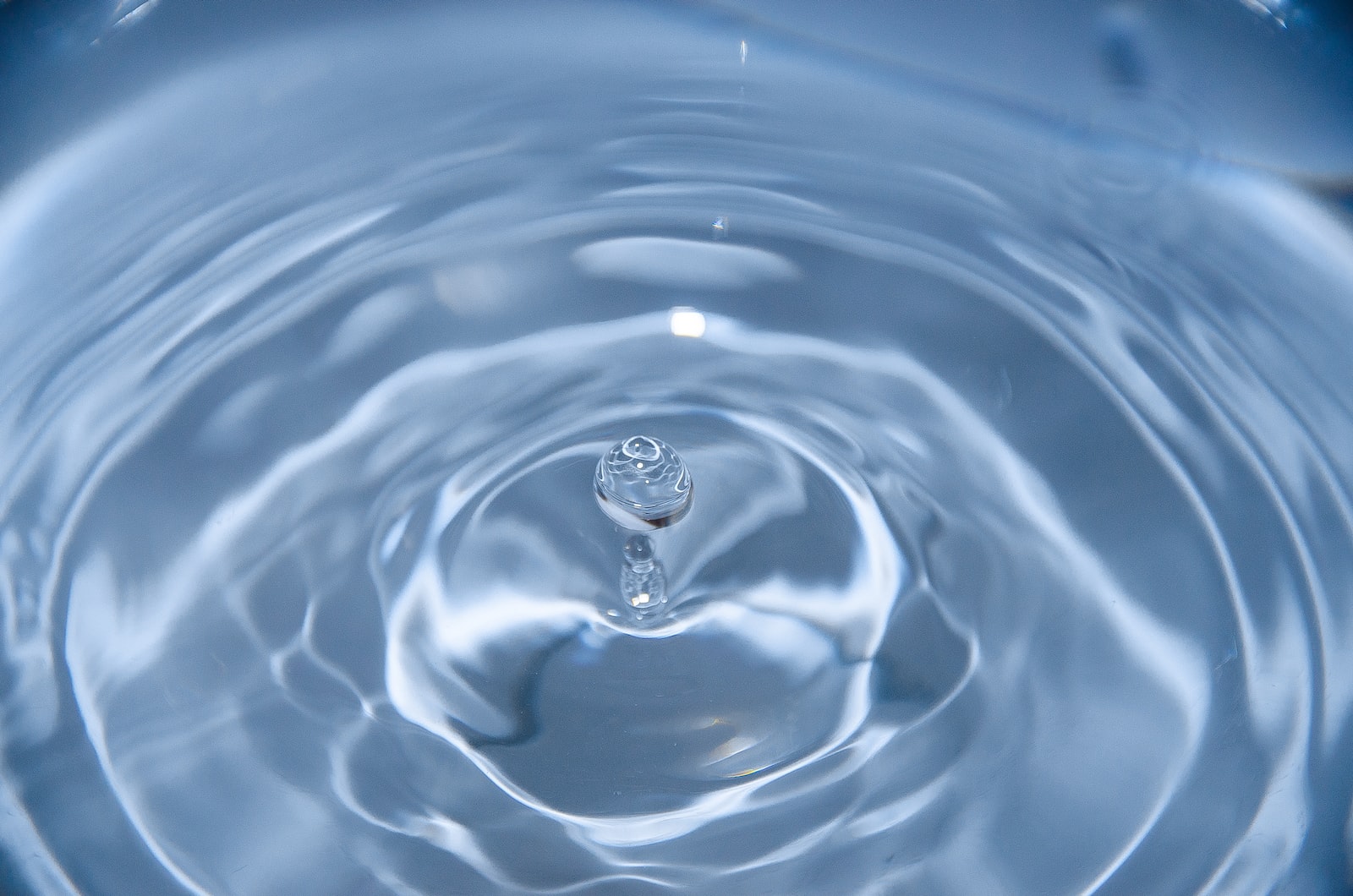All you need to know about water!
We spend a lot of time thinking about what we eat, trying to eat the ‘right’ things and worrying about eating the ‘wrong’ things, but is how much water we drink, actually more important? In this blog, we are looking at why we need it for health.
Why water is essential?
Our bodies need fluids to function correctly, and staying hydrated is crucial for all of our biological processes. Flushing out waste, controlling body temperature, and enhancing brain and muscle function are a few water’s health advantages. Your level of hydration will affect your endurance, strength, and power if you exercise frequently. So, how can we determine if we are drinking enough water if we acknowledge that it has numerous health benefits?
Let’s look at all the ways water impacts our lives…
-
Helps by creating saliva
Water is the main component of saliva. It’s critical for breaking down solid food and keeping your mouth healthy. If you find your mouth is drier than usual, increase your water intake. If that doesn’t work, see your doctor
-
It regulates body temperature
Staying hydrated is critical to maintaining a normal body temperature. Our bodies lose water when we sweat, and in hot environments. Sweat keeps our bodies cool, but our body temperatures will go up if we don’t replenish the water we lose. That lack of water causes dehydration, which in turn causes levels of electrolytes and plasma to drop
-
Aids cognitive functions
Proper hydration is crucial to staying in good cognitive shape. Research has shown that inadequate water intake can negatively impact our focus, alertness, and short-term memory
-
Protects the tissues, spinal cord, and joints
Water helps lubricate and cushion our joints, spinal cord, and tissues. This helps us to be more physically active, and reduces the discomfort caused by conditions such as arthritis
-
It helps excrete the waste in our bodies through perspiration, urination, and defecation
Our bodies use water to sweat, urinate, and pass healthy bowel movements. We all need water to replenish fluids lost from sweating. We also need water in our systems to have healthy stools and avoid constipation. Drinking enough water helps our kidneys to work more efficiently thus preventing kidney stones
-
Maximizes our physical performance
Drinking plenty of water while working out, taking part in sports or just being on the move, is essential. Keeping ourselves hydrated also affects our strength, power, and endurance
-
It helps to boost our energy levels
Drinking water helps to boost our metabolic rate. This boost has a positive impact on our energy levels. Drinking 500 milliliters of water can boost the metabolic rate by 30 percent in both men and women, one study has found. Negative effects of exercising in the heat, without staying hydrated, can result in serious medical incidents. In fact, extreme dehydration can cause seizures, and sometimes, even death.
How do I know if I’m not drinking enough?
Not drinking enough causes dehydration and the signs of this may be our first indication that we are not drinking enough. Symptoms of dehydration include:
- feeling thirsty
- dark yellow and strong-smelling pee
- feeling dizzy or lightheaded
- feeling tired
- a dry mouth, lips and eyes
- peeing little, and fewer than 4 times a day
- Headaches
- Dry Skin and cracking lips
- Mood Changes and slow responses
Whilst the UK Government recommends that 6-8 glasses of water a day (approx. 1.2 liters) should keep you well hydrated, if the weather is hot or if you are exercising, this may not be enough
Common conditions that can be improves by water intake…
100’s of patients a week go to the doctors for conditions that can often be caused or exacerbated by their poor water intake. It is shocking the amount of conditions that are worsened by dehydration, so here are some of the main conditions and how you can improve them by a glass water!
1. Headaches/Migraines –
One of the first things you might notice when you’re dehydrated is a throbbing headache. The good news? If dehydration is the cause, it should go away shortly after you drink a large glass of water.
2. Acne –
Dry skin can trigger excess oil production, which could contribute to acne. This is why water intake is always the first question a dermatologist would ask! It also helps to flush all of the toxins out of the body so they aren’t absorbed into the skin and create the bacteria pockets under the skin which form acne.
3. Eczema/Rosacea –
Drier air outside, as well as heating systems inside, can dehydrate the skin. For people prone to eczema, skin that’s too dry can easily become irritated, itchy, and break out in itchy, red patches
4. Muscle Pains, Cramps and Aches –
Without enough fluid, our muscles can become extremely sensitive and spasm or contract involuntarily. We need water to flush our bodies of cellular waste. A buildup of toxins can lead to inflammation, which often results in pain
5. Sore/Dry Eyes –
When the eyes stop producing tears, they are no longer properly lubricated, which can lead to dry eye, eye strain and vision problems. This also then in turn causes headaches as your eyes are straining harder to work.
6. Abdominal Pain –
Kidney stones affect 1 in 10 people aged between 30-60 and are one of the most common causes of abdominal pain. The main cause of kidney stones is dehydration, this causes a build up of waste and acid in the body this results in the kidneys becoming clogged, this is when the kidney stones are formed. These if not treated quickly and correctly can be very serious and result to needing to be surgically removed.
7. Sluggish Bowel Function –
There are water receptors in the colon, and they pull water from the body to make the stools softer, If you don’t get enough water, hard stools and constipation could be common side effects, along with abdominal pain and cramps.
8. Fatigue –
As dehydration progresses, the body redirects blood to the working muscles and away from the skin, impairing your body’s ability to diffuse heat. The increase in internal heat then results in muscle cramps, light-headedness, and fatigue.
9. Weight Gain –
Dehydration occurs when the amount of water leaving the body is greater than the amount taken in and is one of the main causes of weight gain. Dehydration affects the ability of your body to burn fat, encourages excessive calorie consumption and slows down your metabolism.
How to optimize Water Retention
In order to get the most benefits from Water you must ensure your body is retaining as much as possible. There are many changes you can implement into your diet to ensure you get the most out of your water intake…
- Follow a low salt diet where you can
- Eat foods rich in potassium and magnesium ( Try our Routine Magnesium Capsules) – these help to balance out your sodium levels.
- Take a vitamin B6 Supplement
- Eat as much protein as you can
- Elevate your feet when possible
- Wear compression socks under clothing again where possible
- Take a water retention supplement – try our H20 Balance for water retention.


12 October 2022 @ 01:59
Really interesting post. It really tells you a lot more information about why water is important. Thanks for sharing this post.
13 November 2022 @ 16:30
Good to know!